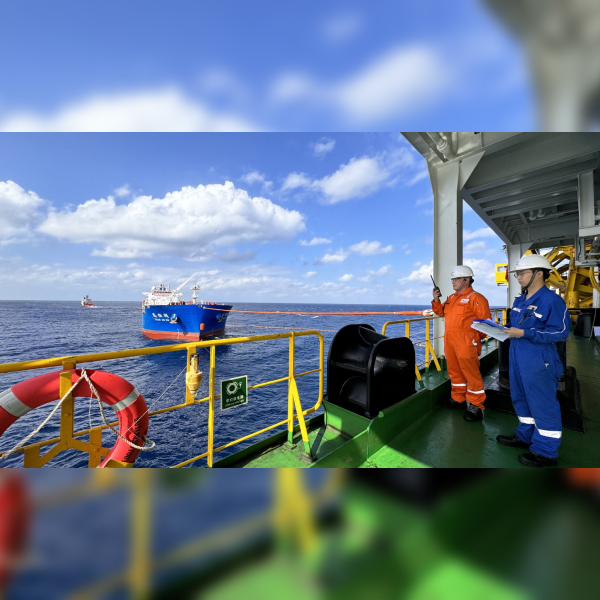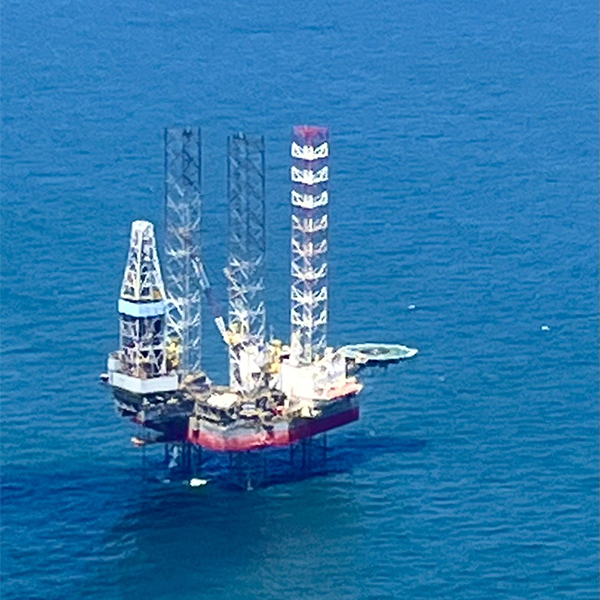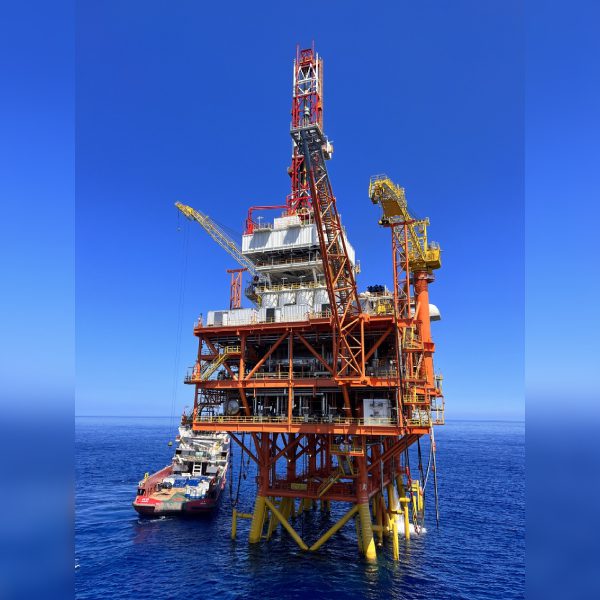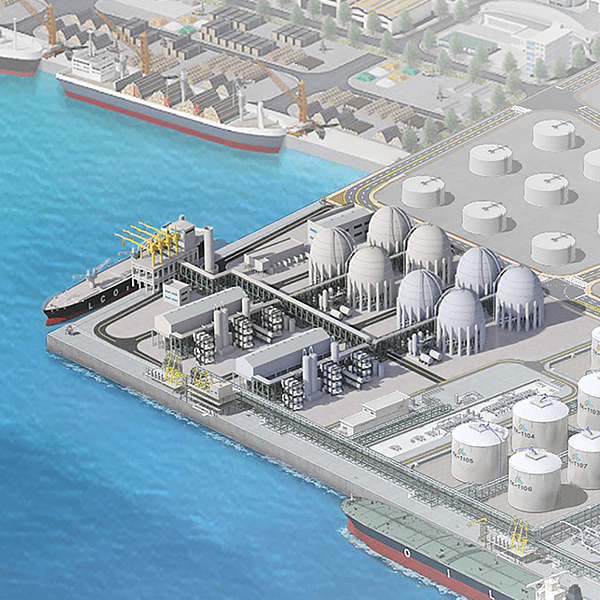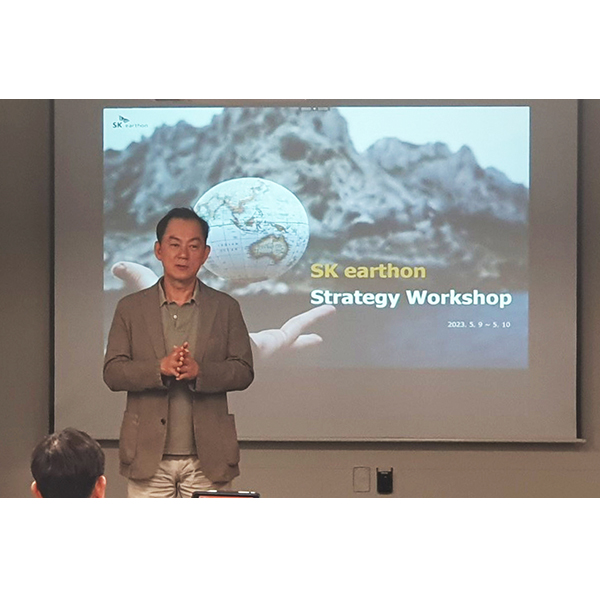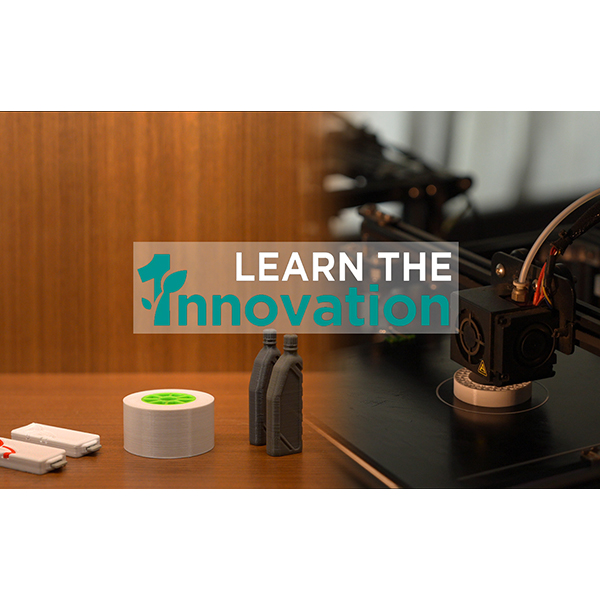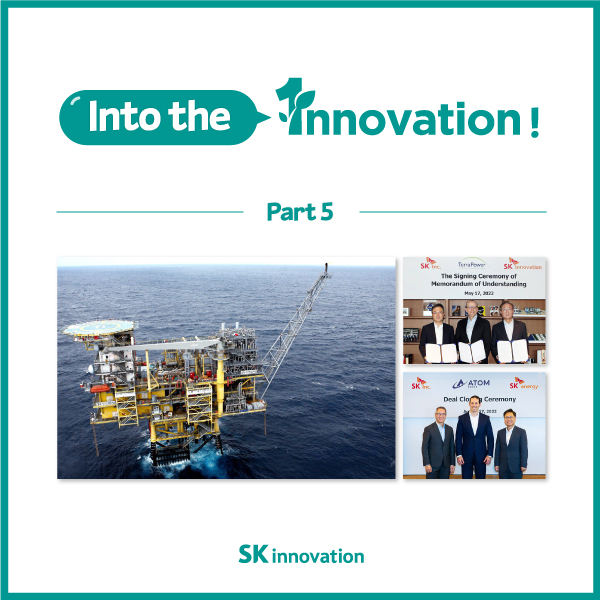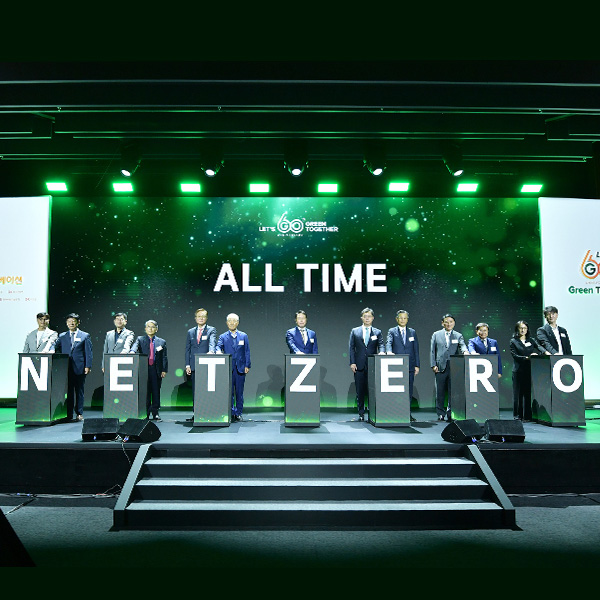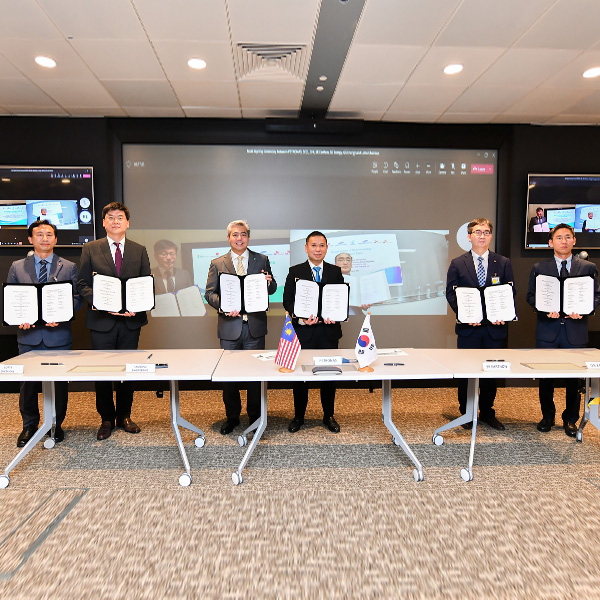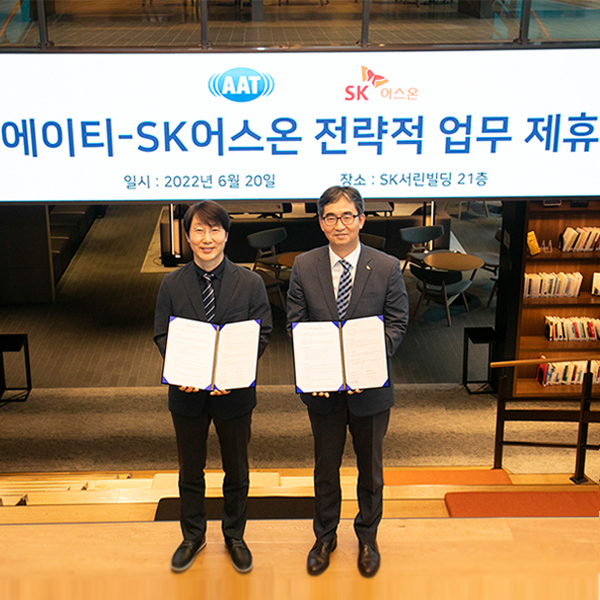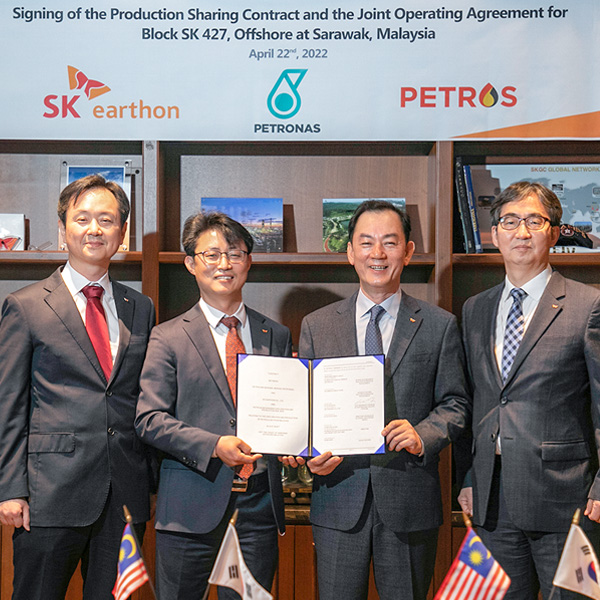 SK Earthon
SK Earthon■ SK Earthon collaborates with Hanyang University, the Korea Institute of Geoscience and Mineral Resources, and the Korea National Oil Corporation in a national initiative to identify CO2 storage sites
■ Leveraging 40 years of expertise in crude oil exploration technology, SK Earthon will identify potential CO2 storage sites around the Korean Peninsula
■ SK Earthon CEO Myeong Seong expresses commitment to “advancing national CCS efforts and reducing carbon emissions”
SK Earthon is exploring potential carbon dioxide (CO2) storage sites in the seas surrounding the Korean Peninsula, in collaboration with Hanyang University, the Korea Institute of Geoscience and Mineral Resources, and the Korea National Oil Corporation. Drawing upon four decades of experience in offshore oil exploration, this initiative is expected to lay the groundwork for development of the national Carbon Capture and Storage (CCS) project.
On December 26 (KST), SK Earthon announced its participation in the national initiative consortium for “Securing Large-Scale Commercial CO2 Storage Sites in the Korean Peninsula through Comprehensive 2D∙3D Geophysical Exploration and Computational Reprocessing (hereinafter referred to as Securing CO2 Storage Sites in the Korean Peninsula),” hosted by the South Korean Ministry of Trade, Industry, and Energy, and exclusively managed by the Korea Institute of Energy Technology Evaluation and Planning.
The overarching goal of this national initiative is to meticulously explore the East, West, and South Seas surrounding the Korean Peninsula to assess the CO2 storage capacity of these regions. Furthermore, it seeks to enhance the data gathered from past oil field explorations and conduct additional exploration of areas that lack data, aiming to identify promising CO2 storage sites. SK Earthon also aims to establish a standardized criteria for selecting CO2 storage sites.
Hanyang University team (led by Professor Joongmoo Byun) will assume the role of the primary research institution and oversee the execution of the project. Public sector entities such as the Korea Institute of Geoscience and Mineral Resources and the Korea National Oil Corporation, along with academic institutions including Seoul National University, Yonsei University, and Inha University, as well as the expertise of supercomputing firm CoCoLink Corp., are actively involved in the project’s implementation.
Leveraging its 40 years of crude oil exploration expertise, SK Earthon is developing criteria for selecting CO2 storage sites, a task made feasible by the similarities between the characteristics of sub-seabed layers ideal for CO2 storage and those found in submarine oil fields. Notably, SK Earthon established a dedicated CCS organization in 2021 and is currently developing CCS business development in the US, Australia, and Southeast Asia. It is also participating in various national CSS-related projects in South Korea to promote CCS commercialization and CO2 reduction.
In line with the government’s “1st National Carbon Neutral and Green Growth Basic Plan,” announced in March this year, the goal of greenhouse gas reduction through CCS is set at 4.8 million tons annually by 2030. To achieve national carbon neutrality by 2050, it is necessary to sequester 1 billion tons of CO2 in the seabed, therefore requiring the identification of large-capacity storage sites that guarantee economic feasibility and safety. Consequently, the anticipated completion of the national project to secure CO2 storage on the Korean Peninsula by December 2026 is poised to provide a crucial foundation for the advancement of domestic CCS initiatives.
SK Earthon CEO Myeong Seong said, “Based on our 40 years of resource development experience, SK Earthon will strive to discover suitable CCS sites in the seas around the Korean Peninsula through this national project. We are committed to actively contributing to the national vitalization of CCS and promoting carbon reduction activities.”










 Youtube
Youtube Facebook
Facebook Instagram
Instagram Linkedin
Linkedin











